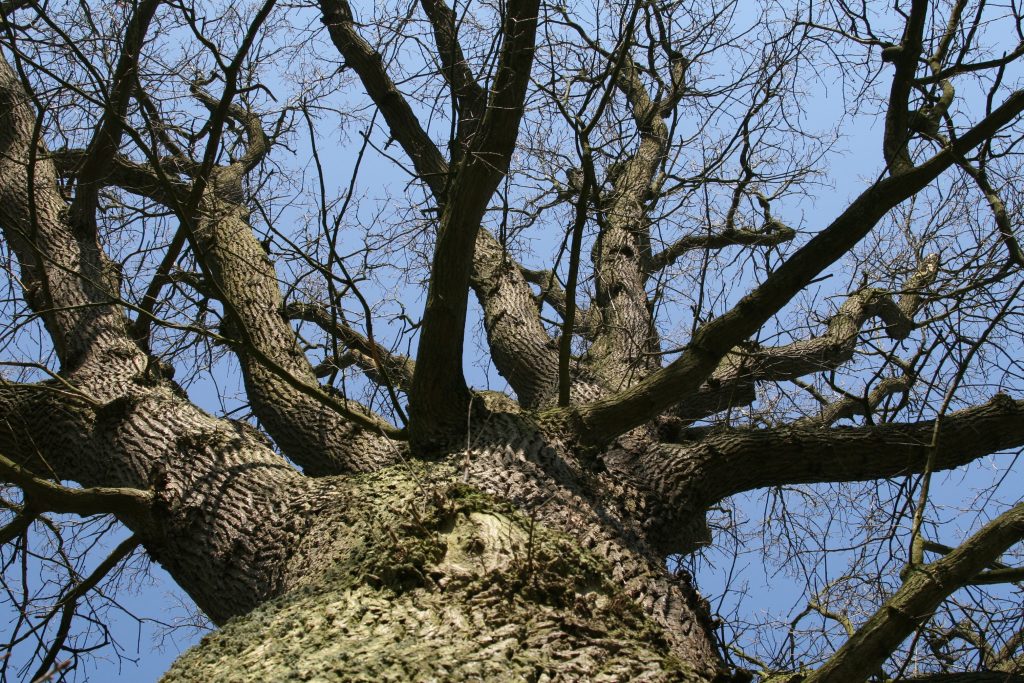
The 19th Chapter of the Gospel of Luke contains the story of Zacchaeus and is a story that points out to us that the grace of God can accomplish what humanity can never hope to achieve.
As with all of Scripture, this passage contains a lot of symbolism that applies to our lives each and every day. The writer of the Gospel points out that Zacchaeus what short of stature and that for him to see Jesus as he passed by he had to climb a tree that was on the side of the road.
The shortness of the stature of Zacchaeus is related to the depth of his faith and virtue. Zacchaeus is not only a tax collector, but he is the chief tax collector and not the most honest man. Tax collectors were notorious for taking more than the tax and keeping the difference for themselves. Although he is a Jew he cheated his fellow Jews and worked for the Roman Authorities this would not have placed Zacchaeus high on anyone’s list of virtuous people.
But something inside of his started to change and when he heard Jesus was coming he ran out to see him. There was a stirring inside of him that told him his life was not heading in the right direction and he needed to make a change and get his life on track. This would not be easy for him to do since truly for this to happen he was going to have to leave his job.
So he rushes out into the street and finds that the crowd has already assembled and he cannot see from where he is standing. I imagine a group on the side of the road like there would be for a parade going by and the poor, short, Zacchaeus is in the back. He spots a tree and climbs to the top so he can see over the crowd. Zacchaeus had to throw off his attachment to earthly things, and in this case, the earth itself, to see God. Sometimes the call of the material world is far stronger than that of the heavenly and our desire for material possessions, comfort, and power keep us from seeing God and hearing God’s voice in our lives. It’s not that these things in and of themselves are bad, it is what we do with them and they prevent us from doing that becomes the problem.
As Jesus passes by he sees Zacchaeus in the tree, calls him down, and then does the most extraordinary thing for someone in Jesus line of work would do, he tells Zacchaeus that he will have dinner with him tonight. For a Rabbi such as Jesus to enter the home of a tax collector was just simply not done. But Jesus was not an Orthodox Rabbi, and so off he went.
Notice Jesus did not condemn Zacchaeus; he did not even tell him that he had to get his life back on track. He was nonjudgmental and only said, I’m coming to your house tonight. Jesus treated Zacchaeus as a human being, and Jesus treated him with love and understanding. Who knows why Zacchaeus ended up in the profession he was in? Perhaps he fell on hard times, and this was his only way out. None of this mattered to Jesus all he saw was a man that was willing to change and he helped him do that.
Because of this loving witness Zacchaeus was converted and told Jesus that he was giving half of his goods to the poor and that if he had wronged anyone he was going to make it right, but not just right fourfold rightness was what he was going to do. Half of what he had, not everything, we are not called to impoverish our families, but we are called to help.
How different this story would have been if Jesus, when seeing Zacchaeus in the tree, stopped and pointed at him and called him a sinner. Yelled that he was going to hell for his choices in life and just walked past in righteous indignation. Tradition tells us that Zacchaeus, who was surnamed Matthias, is the one selected to replace Judas Iscariot after he betrayed Jesus. Tradition also says that Zacchaeus preached the Gospel in what is not the Republic of Georgia and was stoned to death for doing so.
This story teaches us that God does not call the equipped he equips the called and that the Grace of God can do far more than we humans can ever think of doing. Because Jesus showed love and understanding to Zacchaeus, he went on to be one the greatest evangelists in Church history. As you often hear me say, and as we have seen in this passage, love is the answer.

